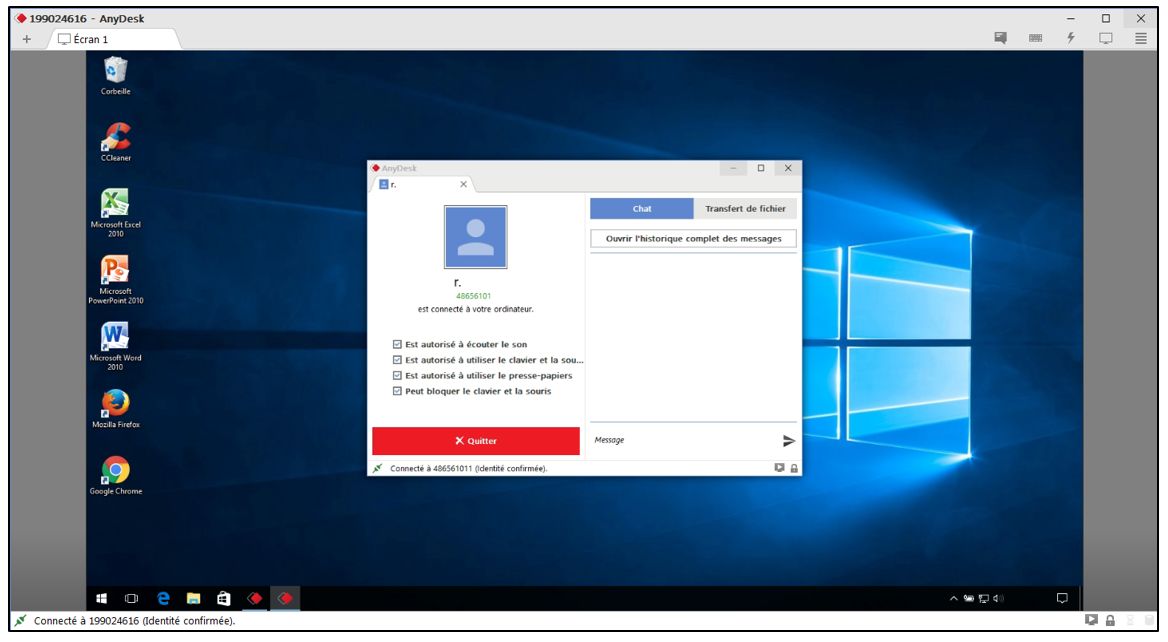

c "echo $EffectivePassword$ | "C:\Program Files (x86)\AnyDesk\AnyDesk.exe" $EffectiveUsername$ -with-password" Once you have done that, you can reference them in the argument using $EffectivePassword$ and $EffectiveUsername$ as follows:

Since the AnyDesk password and ID are sensitive information, we strongly suggest storing them in the credentials as follows: In this case, we used the following argument:Įcho password | "C:\Program Files (x86)\AnyDesk\AnyDesk.exe" anydeskid -with-password" In order to make this work, you will have to configure the external application using the "cmd.exe" to start the AnyDesk client and pipe in the password as follows: This makes integrating AnyDesk a little more complicated, but not impossible. Instead, a pipe is used to set the password. In this tutorial, we will use AnyDesk as an example of how to integrate external applications in Royal TS using the External Application feature.įor security reasons, the AnyDesk client does not allow a password for unattended access to be set from the command line directly as this would enable malicious users to spy the password from the command line in Task Manager. This is the reason why we created the "External Application" object to give our users the ability to integrate external applications if the need should arise. Unfortunately, fully integrating external applications by creating new plugins is very time-consuming. More and more of our customers have requested that we integrate AnyDesk in Royal TS.

Solution home Royal TS (for Windows) Tutorials How to integrate AnyDesk as an External Application


 0 kommentar(er)
0 kommentar(er)
